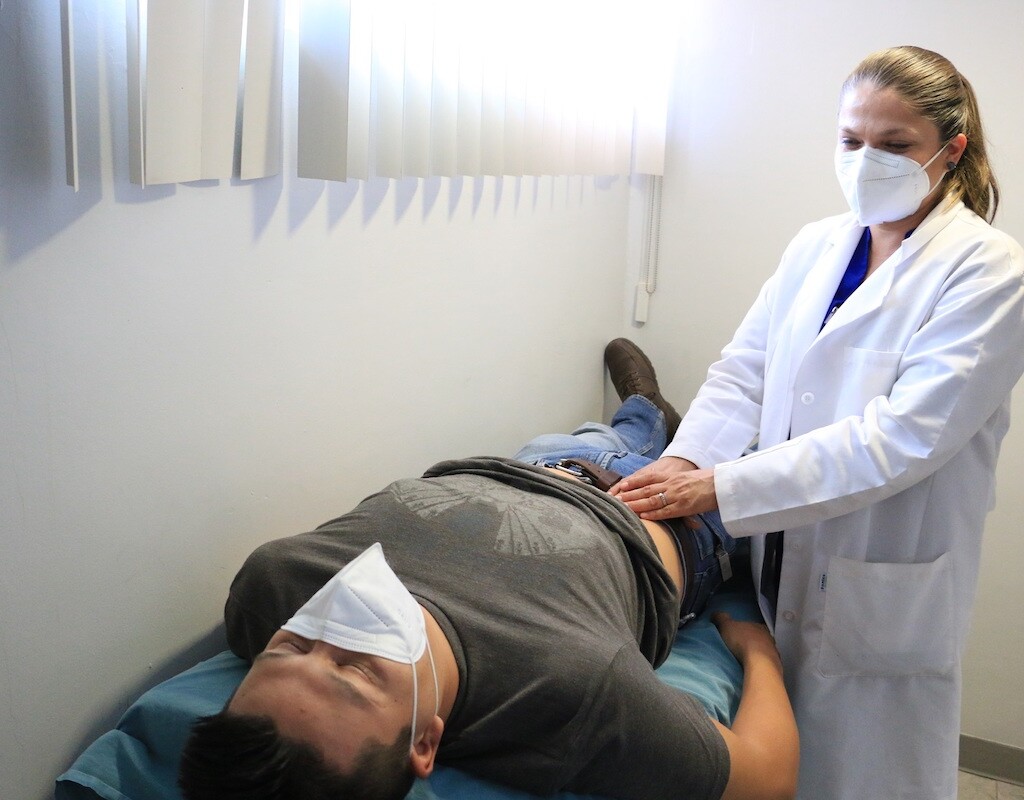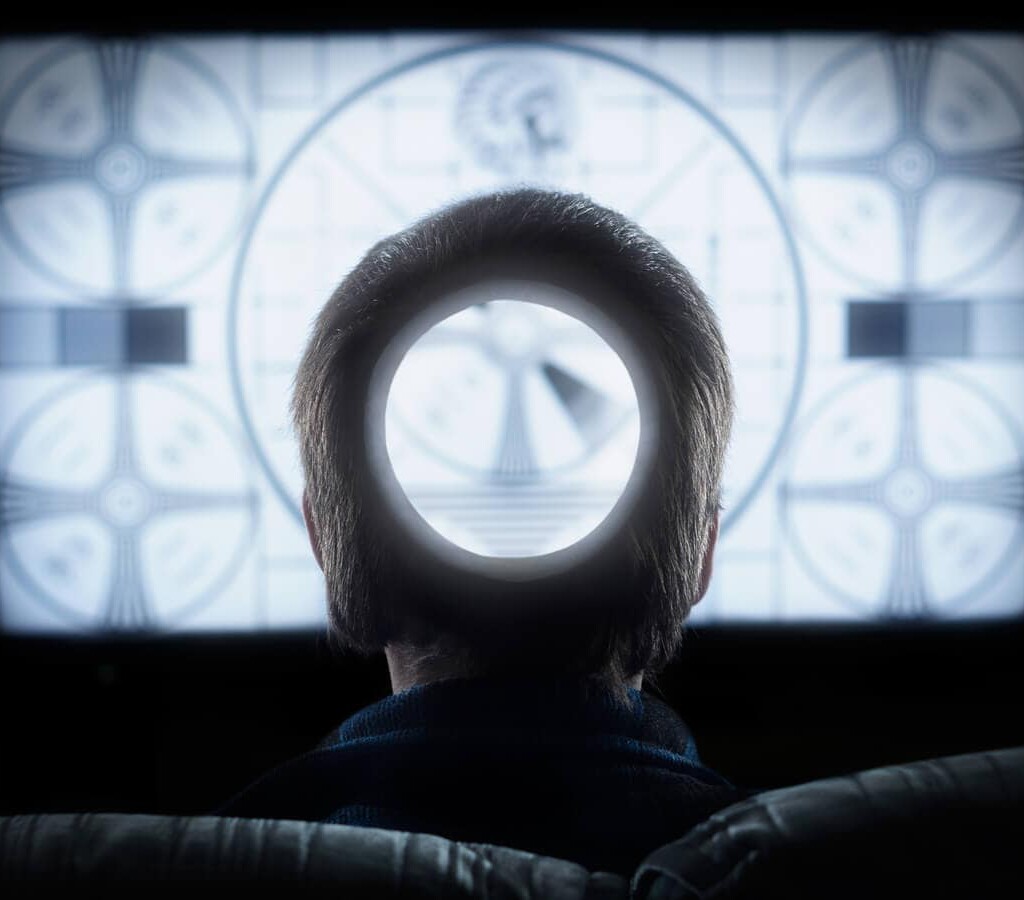Sexually transmitted diseases are a growing public health concern. However, beyond the physical aspects, there is an emotional dimension that is often ignored. How shame and other emotions can influence the prevalence of STDs and the importance of addressing these aspects for healthier sexuality.
Venereal Diseases According to Biodecoding — Emotional Conflicts
In the contemporary landscape of sexual health, a growing concern hangs over the youngest. There is an alarming increase in diagnoses of sexually transmitted diseases (STDs), especially among Generation Z.
Whereas before ignorance and lack of resources could be excuses, today, information and resources are more accessible than ever making this increase in STDs even more disconcerting.
Through the lens of Biodecoding, a theory proposed by self-help author Louise L. Hay venereal diseases are seen as physical expressions of internalized sexual guilt.
According to Hay, people who contract these diseases may be experiencing a feeling, often unconscious, that it is wrong to express themselves sexually. To understand this, it is necessary to observe the dynamics between mind and body in biodecoding.
Louis L. Hay argues that only people whose mental and physical immune systems are weak would be susceptible to the spread of STDs. This statement suggests that vulnerability to these diseases could be linked to the presence of negative emotions and thoughts.
In particular, he mentions herpes, a venereal disease that is increasingly common among the heterosexual population, as a disease that can constantly reappear to “punish” those who feel “bad” for expressing their sexuality. The recurrence of this STD during periods of emotional stress is perceived as a reflection of this connection between mind and body.
Between the Stigmatization and the Idealization of Youth
Mental and Sexual Health Challenges in the LGBT Community
Homosexuals, like heterosexuals, can experience these same problems. However, they face the added pressure of condemnation and social rejection which often even comes from their own families. This emotional burden can be an additional burden affecting their mental and physical health and, therefore, their vulnerability to STDs, according to biodecoding theory.
Biodecoding emphasizes the importance of accepting one’s sexuality with love and joy and of cultivating thoughts that support and promote well-being. From this perspective, overcoming the guilt and shame associated with sexuality can be an important step toward promoting better sexual health.
In a society that idealizes youth and beauty, the aging process can be especially challenging for certain groups. For many women, the idea of aging is terrifying, as society tends to focus on the glory of youth. In contrast, men tend to face aging with less anxiety, since age is considered to grant them distinction and respect.
However, within the homosexual community, there is a culture that almost obsessively exalts youth and physical beauty. This emphasis can create enormous pressure and alienation for those who don’t fit these ideals. Gay culture has elevated physical appearance to such a degree that a person’s feelings and intrinsic worth are often ignored. If someone doesn’t meet the standards of youth and beauty, they may feel undervalued and left out.
AIDS and Alienation in the Gay Community
Unraveling Emotional Impact and the Need for Change
This phenomenon takes on an even darker shade when you look at how some gay men deal with aging. Because of the way gay culture tends to focus on the physical, getting older can be a nerve-wracking experience for many. The prospect of not being considered attractive or desirable may lead some to adopt a self-destructive lifestyle.
AIDS, a disease that has disproportionately affected the gay community is seen in this context as a physical manifestation of this self-destruction. The disease with its devastating impact, reflects the intensity of the negative feelings and guilt that some gay men experience in their lives.
It is crucial to note that in the homosexual community, certain attitudes and behaviors such as exhibitionism, constant criticism and the evasion of real intimacy, can have pernicious effects. While these behaviors can be parodied and treated lightly, they hide a denial of human connection and a rejection of oneself.
It is regrettable that, although the homosexual community has made significant progress in terms of visibility and acceptance compared to 50 years ago, part of what has been created internally can be a source of pain for its members. While it’s reprehensible how society, in general, can treat the gay community, it’s equally tragic how some gay men treat their peers.
Reflecting on these issues is crucial to encouraging changes that promote lives full of love, joy and respect. In a world that is moving towards greater inclusion and understanding, it is vital that the homosexual community also evolves in how it values and supports its members, regardless of age or physical appearance.
Beyond Pleasure
Reflections on Motivations and Consequences in Sexuality and Alcohol Consumption
In the diversity of the human experience, sexuality plays a significant role. Throughout history, it has been observed that traditionally men have had more sexual partners than women and it is well known that among men the frequency of sexual contact may be higher.
However, this fact in and of itself need not be considered negative. There are spaces and places designed to meet the need for sexual interaction and this can be healthy as long as it is approached responsibly and consciously.
It’s important to discern the motivations behind sexual behavior. There are those who seek multiple sexual partners driven by a profound need for reaffirmation and self-esteem, rather than by pleasure itself. In these cases, the search for sexual companionship may be trying to fill an emotional void or inner insecurity.
Likewise, the consumption of alcohol, when it is occasional and moderate can be part of the social experience. However, when it becomes a dependency or a means of evading reality, it becomes necessary to reflect on the underlying motives and the consequences that this can have on a person’s life.
The call of our time is to search for the fullness and authenticity of being. It’s a time for healing, not for condemnation. As a society, we must free ourselves from the limitations of the past and embrace a more inclusive and loving understanding of human diversity.
Recognizing that we are all part of something bigger, that each individual is a unique and valuable expression of life, is fundamental to building a more compassionate and respectful society. It is time to demand and build an environment in which each person can explore and express their sexuality in a responsible, conscious and enriching way, within a framework of respect for themselves and for others.
Understanding the Body’s Signals
Sexually Transmitted Diseases and the Need for Conscious Sexuality
Among the physical manifestations that impact people’s sexual lives, sexually transmitted diseases (STDs) stand out as a major public health concern.
In the emotional sphere, the main trigger for these diseases is the shame associated with sexuality. Often, the person affected is not fully aware of this embarrassment. The body is sending a conflicting message: on the one hand, there is a desire to have an active sex life, while on the other, there is internal resistance.
Shame can come from being influenced by outside opinions, denying yourself the right to enjoy sex or even feeling dependent on it. In addition, there may be insecurity in choosing a sexual partner.
It is intriguing to note that, despite medical advances, venereal diseases seem to be on the rise. This could be interpreted as a call to review and challenge beliefs that are rooted in our sex education.
With these diseases, the body could be communicating the need to live sexuality freely, remembering that each individual has autonomy over their own body and does not need to justify their behavior to others. Allow yourself to live experiences without burdening yourself with guilt. It is essential to understand that excessive control can lead to loss of control at some point.
It’s healthier to live experiences with joy and acceptance. Granting yourself permission to live an experience does not mean that it is perpetual. Rather than harboring feelings of shame and hiding desires or actions, it would be more constructive to find someone to talk to openly, daring to be more open and not allow shame to govern decisions.
In short, the sexual orientation of an individual is not what defines their value; what matters is how that sexuality is lived and managed, the harm that may be caused to others, and, especially, self-harm. It is essential to address physical, emotional and mental blocks with a holistic perspective, recognizing the importance of healthy and satisfying sexuality as an integral part of human well-being.
Biodecoding for Prostate Health
Prostate problems are a common occurrence for men as they age. However, there is no need to suffer in silence. Biodecoding can help you to address the underlying emotional issues that are often at the root of prostate problems… read more»




